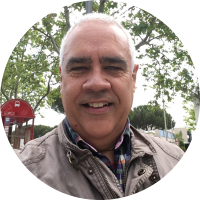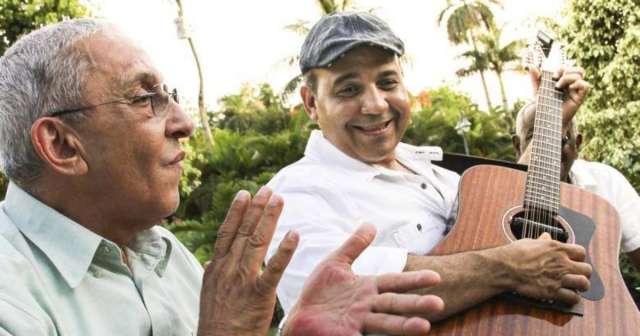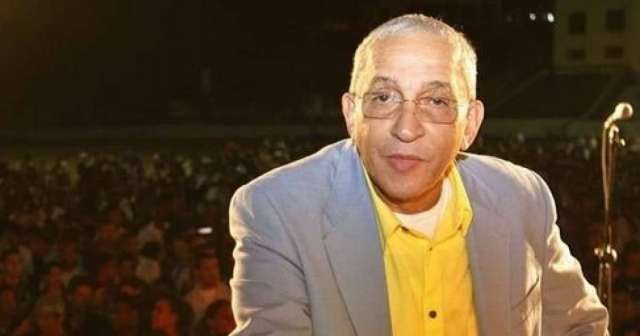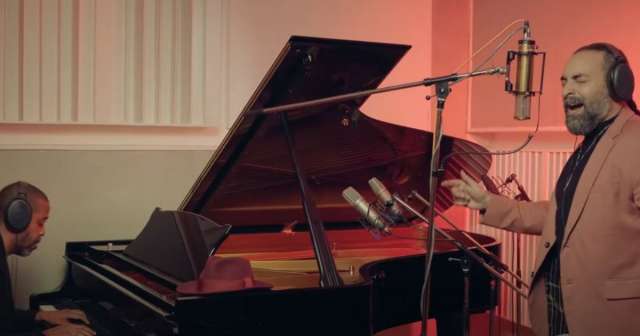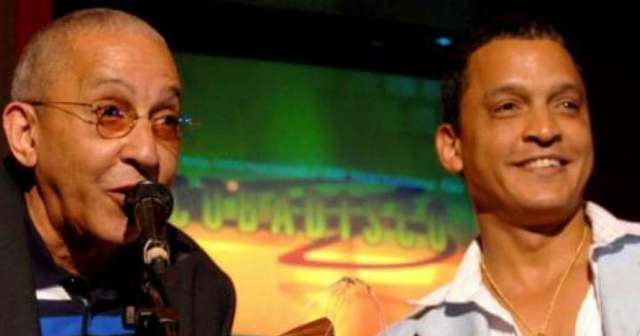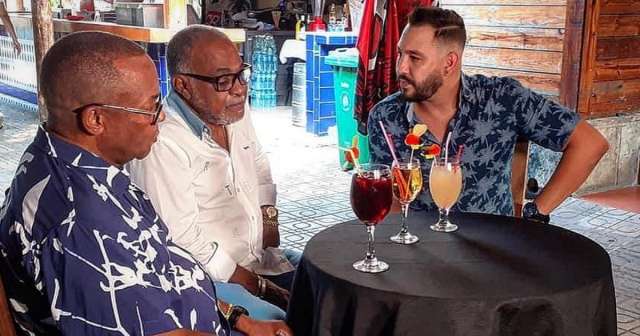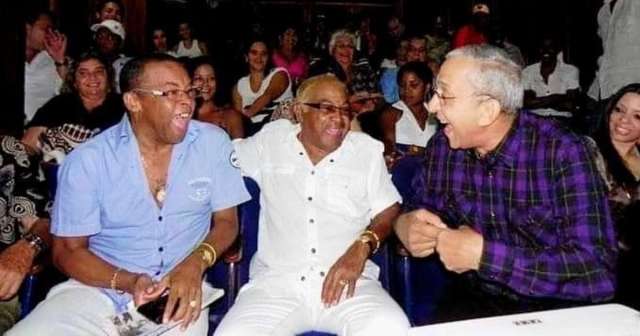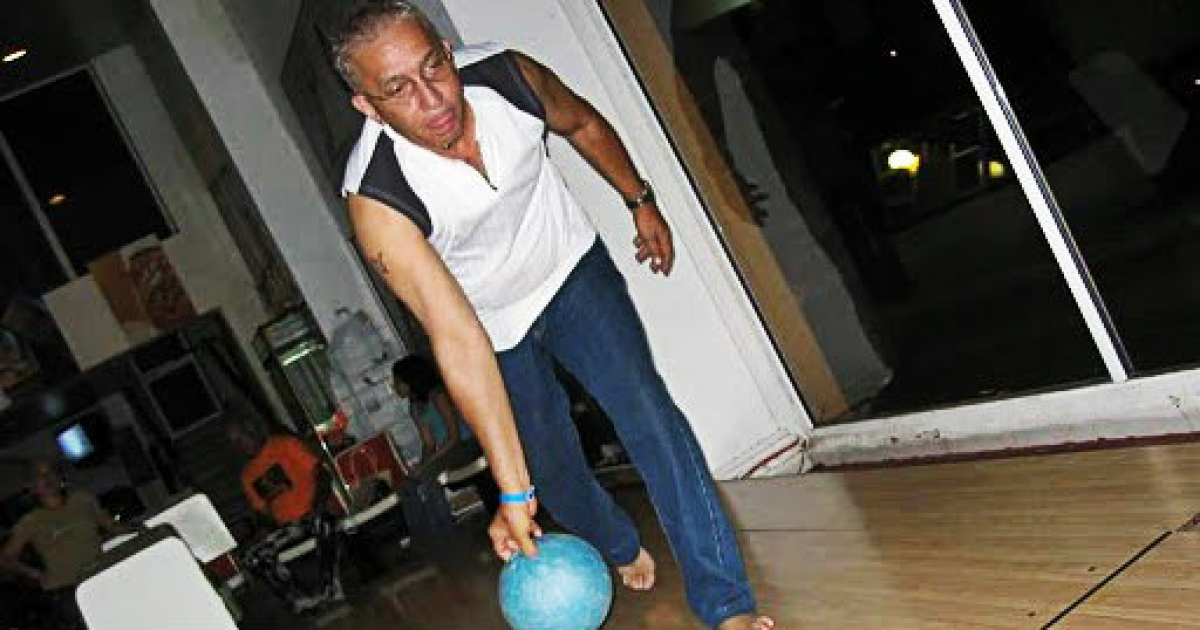
Juan Clímaco Formell Cortina, composer and director of the legendary Los Van Van orchestra, which made millions of Cubans dance, would turn 78 this Sunday and his followers around the world remember him with posts, photos and videos on social networks.
Havana and with the name of a Catholic saint, Formell debuted at the age of fifteen as a guitarist in groups that played in the thriving cabaret, radio and television of the time and in 1959 he began working as a bassist for the band of the National Revolutionary Police (PNR). .

Being the guitar-bass of Elio Revé's orchestra, in 1969 he decided to leave the orchestra and found his own: Los Van Van, with which he made Cuba dance, and which made it possible to continue in a creative work of searches and experimentation, relying on fundamentally in the maximum use of the expressive resources of the Son.
Songo, the name that Formell and José Luis Quintana (Changuito) gave to a new rhythm, became Van Van's hallmark and a determining factor in his later creation. In 1981, he included the now renowned trombones to consolidate the sound record of the most popular Cuban orchestra of the last half century.
Marilú, La candela, I bring you, Chirrín chirrán, Six weeks, I arrived, I arrived, No, no, The dance of the tiring ox, Above the level, Havana can't take it anymore, Come on, come and move, Artisans of space, La titimanía, El negro no tiene na, and many other songs are part of Cuban sentimental memory.
Formell not only made millions of Cubans and foreign dancers dance, but he also cultivated song, set poems by Nicolás Guillén to music and wrote music for plays, among which are "La barbacoa" (1984, Abraham Rodríguez) and " Living in Santa Fe" (1986, Nicolás Dorr).
For the cinema he composed the soundtrack for "The Birds Tingling the Shotgun" (1984, Rolando Díaz) and for television "La Rueda de Casino" (1992, José Milián).
A late dalliance with some drugs deteriorated his health, but the reaction of veteran musicians from Los Van Van and his then wife, Diana Delgado, prevented his addiction from getting worse and Juanito Formell returned to his powers in his two main aspects.
Beatriz Márquez asked him to record together his song "Este amor que se muerte", accompanied by Jorge Aragón's piano; Perhaps it was the last time that Juan Formell did not appear in public with Los Van Van, but Ian Padrón confesses that he "still bristles" when he sees the video clip of the song, which he recorded in a single take.
Flirty to the core, the teacher thanked the filmmaker for his piece: "I like it because you took a few years off of me, I look prettier."
Juan Formell, who died on May 1, 2014, requires a biography that includes testimonies from those close to him and the gaze of experts who undress in front of Cubans this man who, combining sandunga and lyricism, sang that of "For not seeing you cry, "I would be able to dance like this without stopping. In order not to see you suffer, I would be able to sing like this without stopping, I want to see you happy."
Congratulations Master. Saint John Clímaco needed 30 steps to climb to Paradise, but you took Marilú to the solitude by the sea, you put a stop to Sandunguera with thatopening four-hand symphonic performance by Changuito and Pupy and, when the dancers hesitated, the trombones sounded.
Maybe the only thing you were wrong about was that the black man has nothing... The blacks and whites have you, Juanito, the Mozart of Cuba because you looked at her with your light and your elegance. Ah nama...
What do you think?
SEE COMMENTS (4)Filed in:
